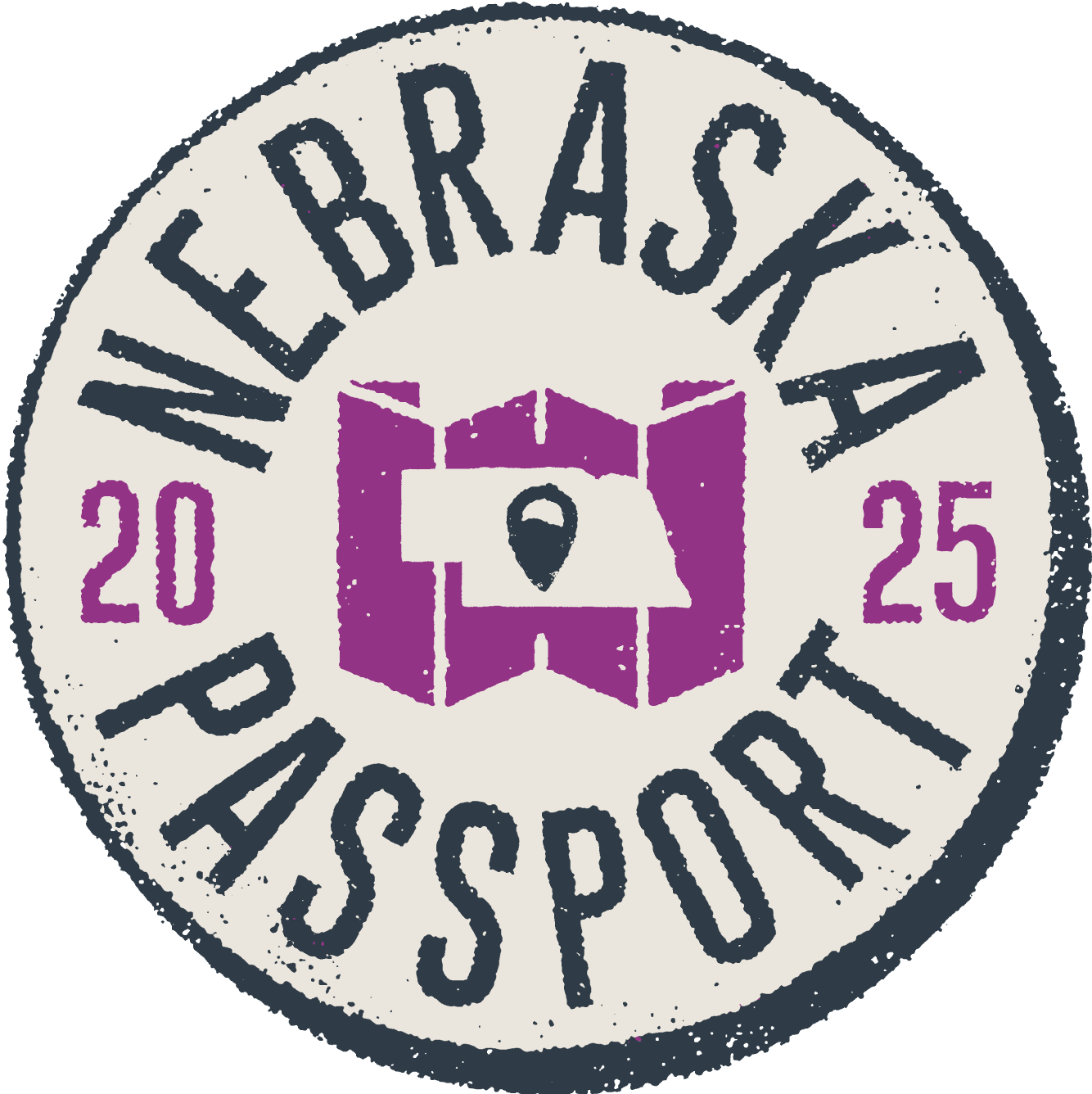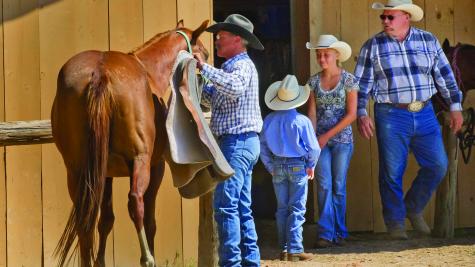
BIRDING IN A FLYOVER STATE: 6 GREAT PLACES FOR BIRDWATCHING IN NEBRASKA
Nebraska’s great plains are full of spectacular sites for bird lovers. Fly in during the early spring for the Sandhill Crane migration or come in the winter to witness bald eagles in their natural habitat. No matter what time of year or level of birder you are, Nebraska is worth your attention.

Rowe Sanctuary
Rowe Sanctuary, between Gibbon and Kearney, is the largest Audubon refuge in the region with 2,900 acres along the central Platte River. Rowe protects prime habitats for Sandhill and Whooping Cranes who use this area of Nebraska as a stop during their yearly migration. To see the amazing spectacle of the Sandhill Crane migration, visit the Rowe Sanctuary from mid-February to late March. If you can’t catch the cranes, this is still a great stop to see bids like the Least Tern, Bald Eagle and Red-Headed Woodpecker.

Harvard Waterfowl Production Area
The Harvard Waterfowl Production Area is a wonderful place to see several unique waterfowl species and numbers upward of 500,000 of Snow, Canada, Cackling and Greater White-fronted Geese. In the spring you can find Sandhill Cranes, Bald Eagles, flocks of American Avocet and some Eared Grebe. In April and May keep an ear out for the Greater Prairie Chickens displaying their mating routine. There are several viewing areas and parking throughout the area, and make sure to call to check conditions since the wetlands can sometimes be dry.

Valentine National Wildlife Refuge
This is Nebraska’s largest national wildlife refuge and has a crazy amount of bird diversity with at least 224 species reported. The landscape here includes sandhill prairies as well as shallow marshes providing the potential to see a mix of shortgrass birds and waterfowl. Some notable birds you might see here include the Greater-Prairie Chicken, the Sharp-tailed Grouse and the Black Tern. Several of the lakes are open for kayaking and boating, offering several great birding opportunities. When exploring this refuge be sure to bring plenty of water, snacks and sun protection as the site takes time to explore.

Lake McConaughy State Recreation Area
This SRA near Ogallala features Nebraska’s largest body of water, Lake McConaughy. The lake boasts the largest bird list of any location in the state including about 340 species. The lake attracts vast numbers of migrant waterfowl, grebes, shorebirds and rare varieties of gull. Come in the winter to see large numbers of bald eagles that nest in the area. Over 100 miles of rocky and sandy shoreline are present along the lake and a good spotting scope is recommended to view birds covering the vast reservoir. You can also spot many of these birds at nearby Lake Ogallala too.

Crescent Lake National Wildlife Refuge
Another great Sandhills birding location, Crescent Lake is one of the great national wildlife refuges in America and one of the best birding sites in Nebraska. The diversity of the landscape around Crescent Lake makes it a great location for viewing grassland-dependent birds, marsh birds, shorebirds, waterfowl and numerous passerines and raptors. Some birds to look out for include the Trumpeter Swan, the Burrowing Owl, the sharp-tailed Grouse and Swainson’s Hawk. Make sure to plan and bring plenty of supplies before making the trip to Crescent Lake since there are no bathrooms and the closest gas source, food and lodging is about 30 miles away.

Fontenelle Forest
Fontenelle Forest in the Omaha metro is a privately funded non-profit organization that encompasses 1,500 acres of forest, wetlands and prairie along the Missouri River. This site attracts many migrant and breeding songbirds, including various warblers that can be observed from forested paths. Keep an ear out and you might be able to hear the unique noise of a pileated woodpecker tapping the trees around you. During your visit, you can stop by the nature center and Raptor Woodland Refuge to view and learn about a variety of non-releasable raptors up close in a canopy-level exhibit.



